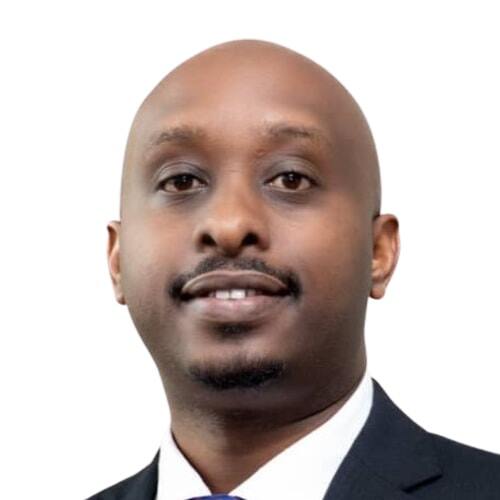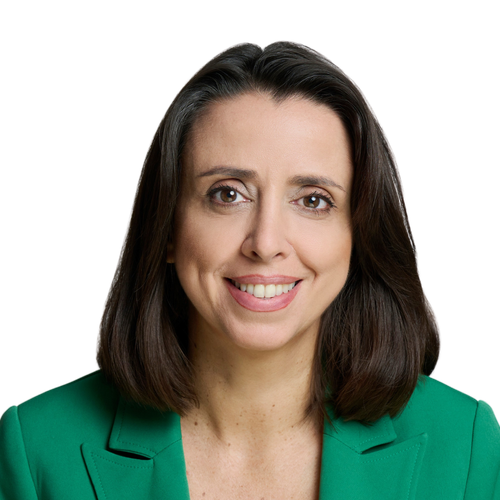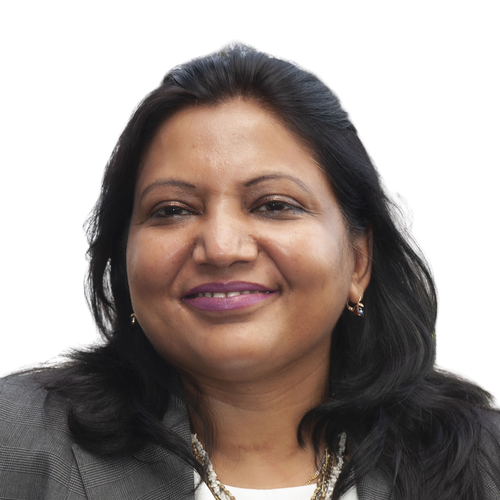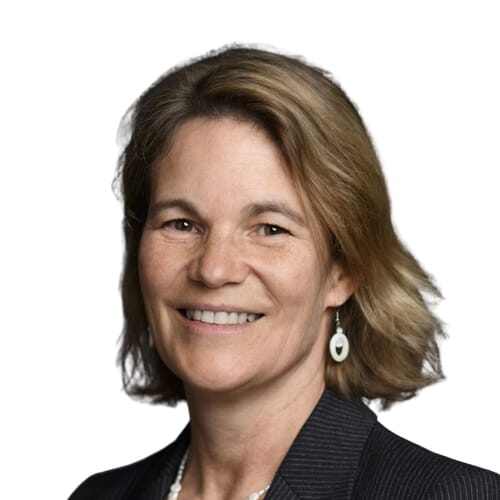This session is a continued conversation from 2023 roundtable on "Bolstering the financial sector’s resilience to environmental risks".
As the climate crisis accelerates, the lives and livelihoods of billions of people are becoming increasingly at risk. 3.3 billion people live in regions classified by the IPCC as ‘highly vulnerable’ to climate change. Making progress on poverty and global development goals is now deeply intertwined with action on climate change. However, many of those most vulnerable to climate change, especially those living in poverty, rarely have the opportunity to benefit directly from global climate finance. This can exacerbate inequalities and leave low-income communities disempowered from taking action for themselves.
As climate finance struggles to scale and reach those most in need, expanding access to climate-responsive financial services is more critical than ever. CGAP’s research underscores the role of financial services as an enabler for grassroots climate action, helping to unlock and scale investments in climate adaptation, resilience, and a green transition. Financial services can support efforts to narrow the global climate finance gap, supporting efforts to channel funding to those who need it most. And for the public sector, financial services offer valuable tools for bolstering efforts to combat climate change.
Building on CGAP’s pioneering work at the intersection of financial inclusion and climate change, this session will explore opportunities for inclusive financial services to scale grassroots climate action.
Key Discussion Points:
1. The Case for Inclusive Financial Services: What do underserved communities really need to bolster their climate resilience, adaptation, and participation in a green transition? How can inclusive financial services meet these needs?
2. People, Profit, and Planet: Is there a business case for the private sector to invest in climate-responsive financial services?
3. Scaling Up Markets: How can investors support innovation and help scale climate-responsive financial services? What role can the public sector play in catalyzing investment and creating enabling policy and regulatory environments?
4. Managing Climate Risk: What risks do financial services providers face from a changing climate and how might we better address them?
5. Complementing Public Sector Efforts: How can governments and donors better leverage financial services to support climate action?
Session Agenda
12:00 – 12:05 PM: Welcome
_by Sai Krishna Kumaraswamy (CGAP)_
12:05 – 12:15 PM: Keynote
_Presenter: Sophie Sirtaine (CGAP)_
12:15 – 12:40 PM: Panel discussion (I) – Funders and Multilateral
_Moderator: Sophie Sirtaine (CGAP)_
_Speakers: Fernanda Lima (LeapFrog Investments), Molly Dean (United States Agency for International Development), Prerna Saxena (United Nations - Better than Cash Alliance)_
12:40 – 12:50 PM: Q&A session
12:50 – 1:15 PM Moderated panel discussion (II) – Providers
_Moderator: Sophie Sirtaine (CGAP)_
_Speakers: Antonny Mukulu Nshimye (Rwanda Finance Limited), Benedikt Signer (SEADRIF Insurance Company)_
1:15 – 1:25 PM: Q&A session
1:25 – 1:30 PM: Wrap Up
GFTN Insights
Launchpad Room, Sands Expo & Convention Centre, Level 4












